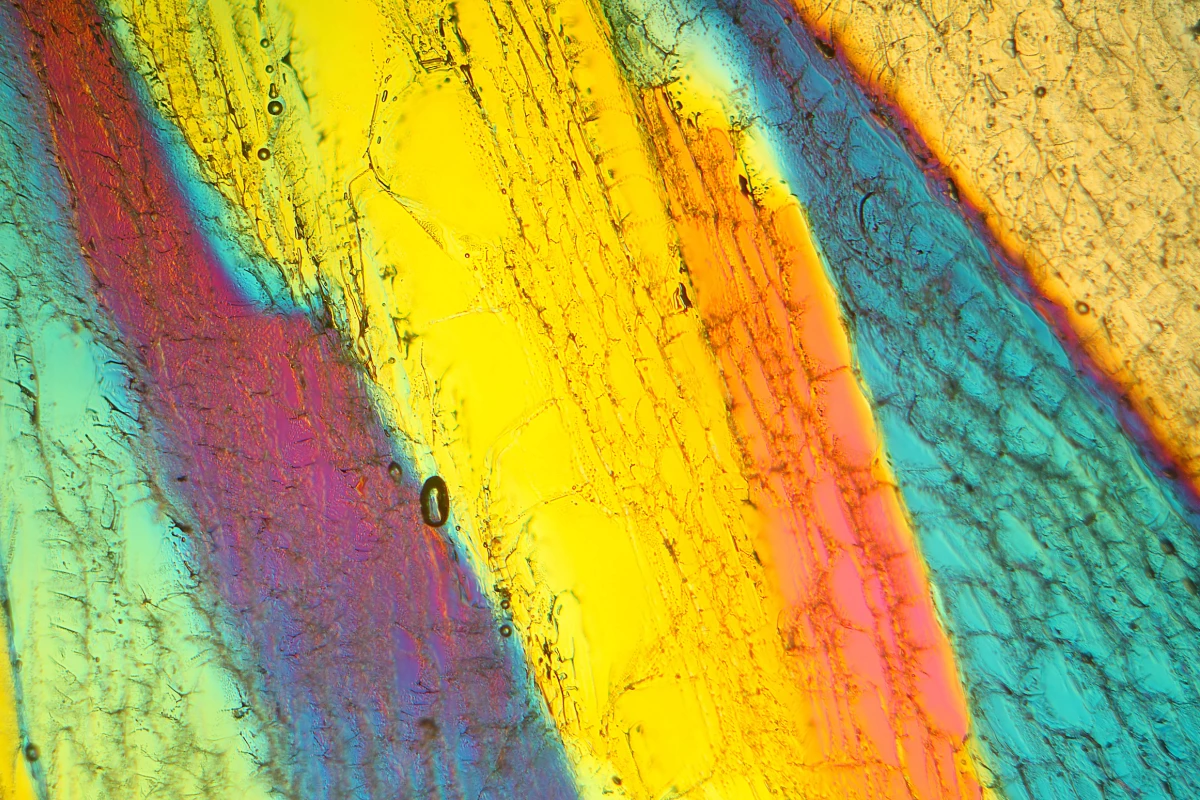Science
Scientists Discover New Ice Form, Ice XXI, at Room Temperature

A groundbreaking discovery in the field of materials science has emerged, revealing a new type of ice, designated as Ice XXI. Researchers from the Korea Research Institute of Standards and Science (KRISS) identified this unique form of ice under experimental conditions that simulate high pressure at room temperature. This finding could provide significant insights into the behavior of water and its various ice forms in extreme environments.
Water, which is composed of just two atoms—hydrogen and oxygen—can exist in over 20 different crystalline structures, each exhibiting distinct properties. While many of these forms are familiar, such as the ice found in household freezers, others require extreme conditions to manifest. The latest research, published in the journal Nature Materials, highlights the complexity and versatility of water as a substance.
To investigate Ice XXI, scientists utilized a combination of advanced techniques, including diamond anvil cells and X-ray lasers. By applying pressure to ultra-pure water, they observed how it transitions between states. Instead of freezing solidly in one step, the water underwent multiple freeze–melt cycles within the pressure range typically associated with Ice VI, leading to the emergence of Ice XXI.
Geun Woo Lee, a scientist involved in the research, explained, “Rapid compression of water allows it to remain liquid up to higher pressures, where it should have already crystallized to ice VI.” This characteristic is particularly intriguing, as Ice XXI possesses a body-centered tetragonal crystal structure and is metastable, indicating it can persist in an unstable form under specific conditions.
The experiments conducted at KRISS involved carefully manipulating pressure and temperature. Researchers loaded water into a narrow metal chamber and monitored the freezing process using high-speed cameras and laser sensors. This meticulous approach allowed them to capture real-time changes in the water’s structure and behavior.
The study identified that Ice XXI forms at a pressure of approximately 1.6 gigapascals. Despite being less stable than Ice VII under normal conditions, Ice XXI offers a unique look into how water behaves under pressure. Notably, Ice XXI can transition to Ice VII, a process that regular water cannot replicate.
The team also employed molecular dynamics simulations to enhance their understanding of the transitions. Two models were utilized: SPCfw45, which represents a flexible water molecule, and TIP4P/Ice46, which is a more rigid representation. Although differing in structure, both models indicated similar trends regarding how water transforms under pressure, aligning with experimental observations.
What makes this discovery particularly exciting is the implication that water does not follow a singular path when freezing. The research suggests at least five distinct crystallization pathways exist, even at room temperature. Rachel Husband, another member of the research team, noted that these findings could lead to the identification of additional high-temperature metastable ice phases.
This research not only enhances our understanding of water’s behavior under extreme conditions but also opens up new avenues for exploring icy bodies in the universe, such as moons and exoplanets. The implications of Ice XXI could extend to astrobiology, as understanding water’s properties in various environments is crucial to the search for extraterrestrial life.
The innovative work conducted by KRISS and their collaborators at European XFEL marks a significant milestone in materials science, shedding light on the fascinating complexities of ice formation. As researchers continue to explore the different phases of ice, they may uncover further insights that could reshape our understanding of water, both on Earth and beyond.
-

 Lifestyle3 months ago
Lifestyle3 months agoLibraries Challenge Rising E-Book Costs Amid Growing Demand
-

 Sports3 months ago
Sports3 months agoTyreek Hill Responds to Tua Tagovailoa’s Comments on Team Dynamics
-

 Sports3 months ago
Sports3 months agoLiverpool Secures Agreement to Sign Young Striker Will Wright
-

 Lifestyle3 months ago
Lifestyle3 months agoSave Your Split Tomatoes: Expert Tips for Gardeners
-

 Lifestyle3 months ago
Lifestyle3 months agoPrincess Beatrice’s Daughter Athena Joins Siblings at London Parade
-

 World3 months ago
World3 months agoWinter Storms Lash New South Wales with Snow, Flood Risks
-

 Science3 months ago
Science3 months agoTrump Administration Moves to Repeal Key Climate Regulation
-

 Business3 months ago
Business3 months agoSoFi Technologies Shares Slip 2% Following Insider Stock Sale
-

 Science2 months ago
Science2 months agoSan Francisco Hosts Unique Contest to Identify “Performative Males”
-

 Science3 months ago
Science3 months agoNew Tool Reveals Link Between Horse Coat Condition and Parasites
-

 Sports3 months ago
Sports3 months agoElon Musk Sculpture Travels From Utah to Yosemite National Park
-

 Science3 months ago
Science3 months agoNew Study Confirms Humans Transported Stonehenge Bluestones









